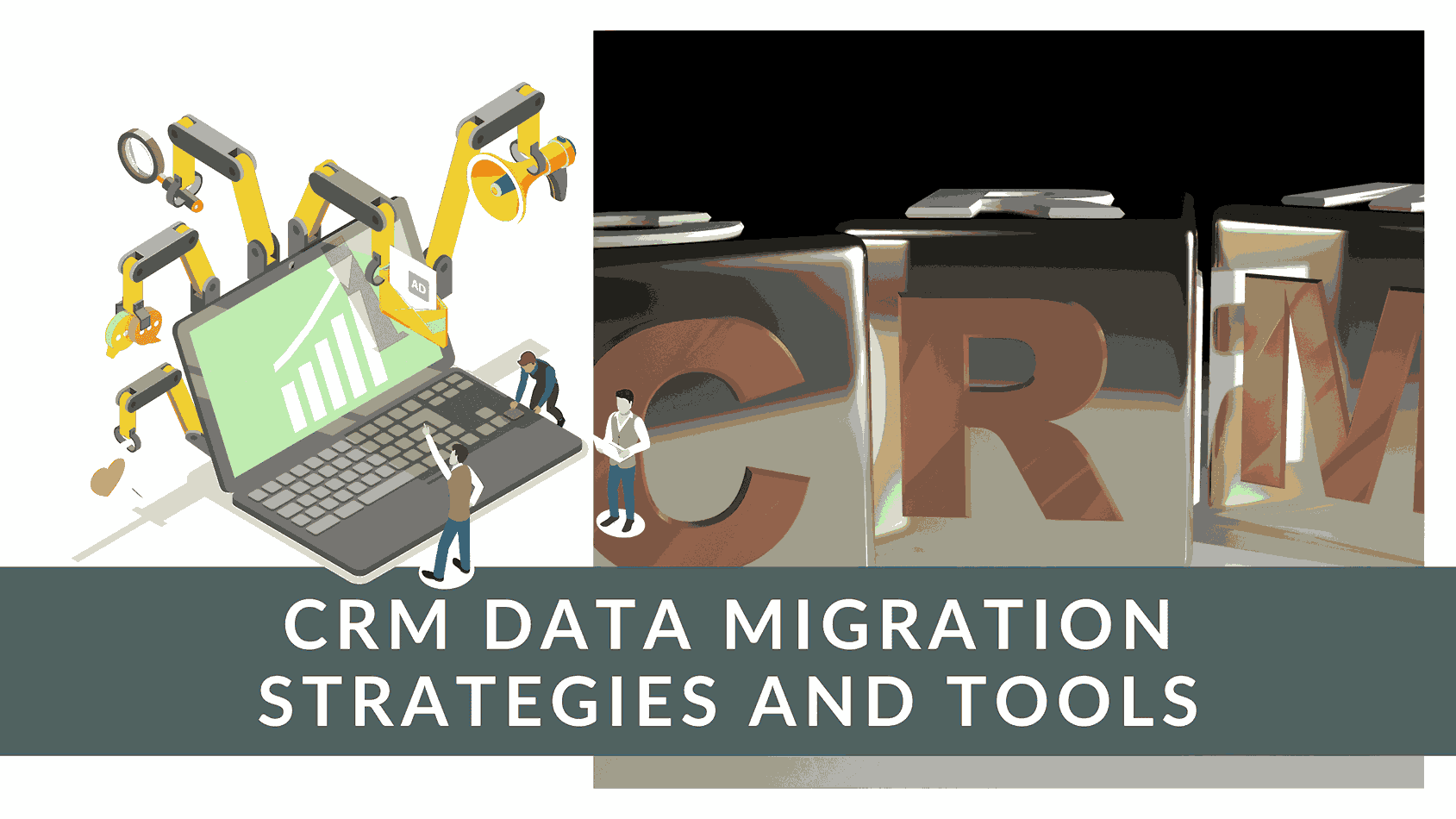CRM Data Migration Strategies and Tools
- Proposal Software Customer Relationship Management


CRM Data Migration Strategies and Tools
Your customer relationship management (CRM) software is the backbone of your business’s success. It’s responsible for storing, monitoring, and analyzing customer data and interactions with your product or service. Without it, managing customer relationships becomes a nearly impossible task.
As one of the most critical investments your business makes, your CRM must efficiently process, organize, and actionize your data insights. If it’s not fulfilling those basic needs, it’s time to consider a new CRM platform.
If you’ve been feeling like the CRM you use isn’t as efficient as you hoped, or thought the implementation process was more work than it was worth, you’re not alone—the estimated rate of CRM implementation failure ranges from 30% to 70%.
A CRM platform empowers both small businesses and large enterprises alike to thrive, and it should solve more problems than it creates. In a fast-paced market where every company understands the importance of business process optimization, CRM data migration is a top priority.
What Are the Best Practices for Migrating CRM Data to a New System?
Migrating CRM data is a complex process that requires careful planning and execution. Here are some best practices to consider:
- Do Your Research Pre-Migration: Research and select the CRM software that best suits your company’s needs and objectives. Read more
- Customize Your Data Import Strategy: Tailor your data migration strategy to fit your specific requirements.
- Collaborate with and Prepare Stakeholders: Involve all relevant teams and departments in the migration process and ensure they are well-prepared.
- Prep and Clean Data: Prioritize data quality by cleaning and preparing it for migration. This includes addressing issues like duplicates, missing information, and inaccuracies.
- Map Your Data: Create a clear data mapping plan to ensure that data is transferred accurately and consistently.
- Test Before Migration: Perform thorough testing to identify and resolve potential issues before the actual migration.
- Backup Your Data: Always keep backup copies of your data to mitigate potential risks during migration.
- Check Data Post-Migration: After migration, verify the data’s integrity and ensure that everything transferred as expected.
- Train Your Employees on the New CRM: Provide comprehensive training for your staff to ensure they can efficiently use the new CRM. Read more
- Commit to Ongoing CRM Management: Continuously manage and maintain your CRM to keep it efficient and up-to-date.
What Is CRM Data Migration?
CRM data migration is the process of moving client data, attachments, and other important resources from one CRM to another. However, it’s more complicated than simply transferring data to new software. It requires careful planning, analysis, and research to ensure that no data is lost or altered during the migration. Moreover, it involves finding the best CRM software that meets your company’s specific needs. Read more
The Top 7 Benefits of Migrating to a New CRM Platform
Businesses migrate to new CRM platforms for various reasons. Here are seven compelling benefits of making the switch:
- Clean, Accessible Data: Improved access to customer data, resulting in a better understanding of your customers and their needs.
- Better Functionality: Enhanced functionality to streamline processes and support key initiatives across departments. Read more
- Quicker ROI: Faster data access, helping you structure and act on insights with intention.
- Cost Savings: Reduced costs associated with in-house hardware and complicated infrastructure.
- Increased Productivity: Improved efficiency, allowing your team to focus on more critical tasks.
- Better Customer Service: Enhanced customer experience and increased sales revenue.
- Improved Data Security: Greater data security through enhanced access controls and security applications.
7 Common Data Migration Challenges
However, CRM data migration can be challenging, and potential issues must be addressed:
- Data Knowledge Gaps: Inaccurate, incomplete, or outdated data can cause problems during migration. Read more
- Not Validating Migration Implementation: Failure to conduct a trial run can lead to system outages and unexpected costs.
- Lack of Collaboration: Siloed teams can hinder the migration process. Collaboration tools can help streamline the process.
- Migration Costs: Understanding the total cost, including software and support costs, is crucial for budgeting.
- Failure to Understand the Scope: Underestimating the complexity and impact of data migration can lead to issues.
- Lack of Experience and Skill: Data migration is complex and may require outside experts.
- Trying to Migrate Everything at Once: Planning is essential, and migration should be done in manageable waves.
In conclusion, migrating CRM data is a crucial undertaking that can significantly improve your business operations. By following best practices, understanding the benefits, and addressing common challenges, you can ensure a successful CRM data migration. It’s a vital step toward optimizing your customer relationships and enhancing the efficiency of your business processes.








